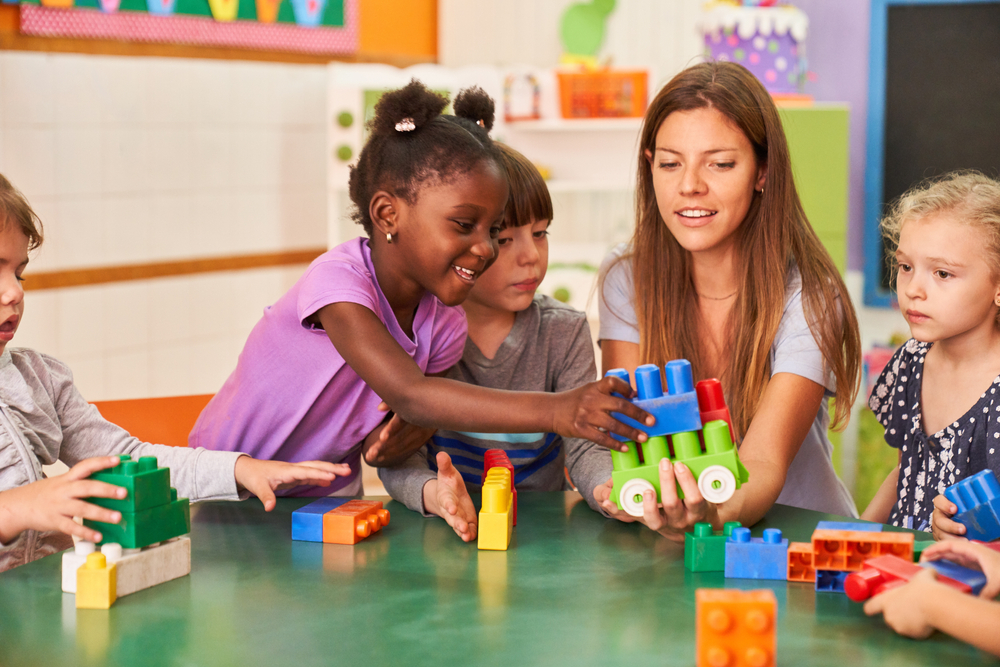› A Parent’s Comprehensive Guide to Getting Ready for Kindergarten
A Parent’s Comprehensive Guide to Getting Ready for Kindergarten
posted by Karen Quinn, The Testing Mom - August 8th, 2023
Starting kindergarten is a significant milestone in a child’s life, marking their first step into formal education. Understandably, it can stir up a mix of excitement, anxiety, and anticipation, both for your child and the entire family. To ensure a smooth transition into this new chapter, it’s essential to understand what kindergarten readiness means and how you can support your child and other family members through this change.

What Should Your Child Know by Kindergarten?
- Basic Self-Care Skills: By kindergarten, your child should be able to perform simple self-care tasks like using the restroom independently, washing hands and dressing themselves. These skills are vital for fostering independence and managing daily routines at school.
- Letter and Number Recognition: A kindergartner should be able to recognize most letters of the alphabet and numbers from 1-10. While they don’t need to read or write fluently, familiarizing themselves with these basics prepares them for early literacy and numeracy activities.
- Social Skills: Kindergartners should be able to interact amicably with their peers and adults, sharing toys, taking turns and expressing themselves effectively.
- Basic Motor Skills: Activities like holding a pencil, cutting with safety scissors or bouncing a ball play a key role in developing motor skills and coordination.
- Listening and Following Instructions: Your child should be able to listen attentively and follow simple instructions, essential skills for classroom learning.
Smooth Transition to Kindergarten: Tips for Parents
- Establish a Routine: Kindergarten often means a new schedule for your child. Gradually shifting to this routine before school starts can reduce anxiety and make the transition smoother. This includes consistent schedules.
- Visit the School: Familiarize your child with their new school by taking a tour, meeting the teacher and exploring the playground. This can help alleviate any fear of the unknown.
- Read Books about Starting School: Reading age-appropriate books about starting school can help your child understand what to expect. This also provides an opportunity for your child to voice any concerns or questions.
- Foster Independence: Encourage your child to master self-care tasks. This not only gives them a sense of accomplishment but also helps them manage their day at school independently.
How Can Other Family Members Assist?
- Supportive Siblings: Older siblings can play a crucial role in supporting a child starting kindergarten. Encourage them to share their own positive experiences and reassure the younger one about the fun aspects of school.
- Involve Grandparents: Grandparents can provide emotional support and share stories of their school experiences. They can also help with reading or crafting activities to build essential skills.
- Family Readiness: Ensure all family members are aware of the new routines and changes. This creates a supportive environment for your child, making them feel secure and loved.
Kindergarten readiness involves more than academic abilities. It includes a blend of social, emotional and physical skills, all of which contribute to your child’s overall experience. Remember, each child is unique, and readiness can look different for everyone. Be patient, offer plenty of encouragement, and most importantly, make sure your child knows that learning is a journey filled with fun, discovery, and the occasional stumble, all of which are parts of growing up.



Tell us about your experiences